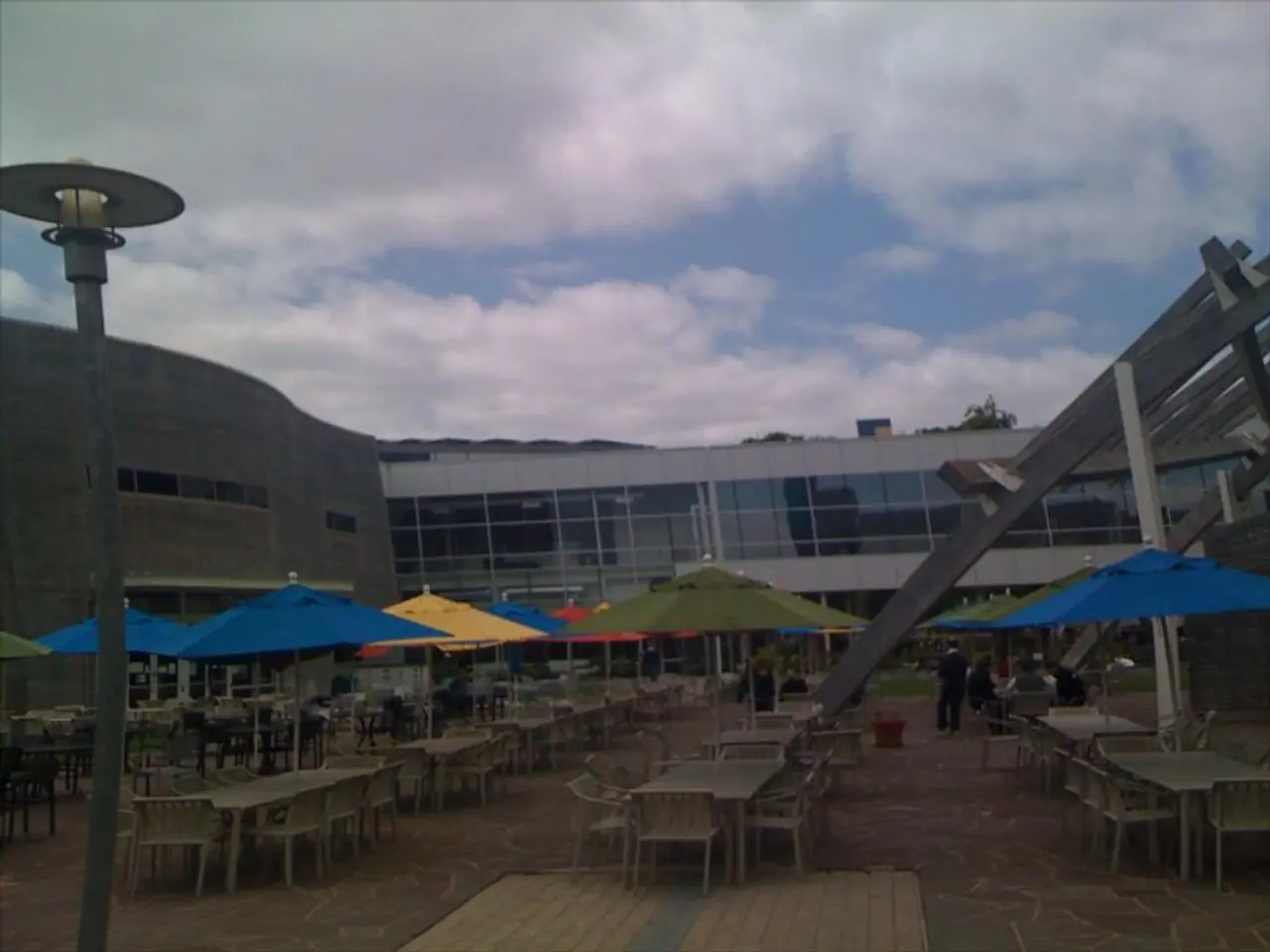Supporting Latvia's Tourism Industry Through Challenging Times
EU member nation, Latvia, continues to make strides in tourism recovery amidst the ongoing pandemic.
The tourism industry in Latvia, a nation known for its picturesque landscapes and vibrant cities, is currently facing an existential threat due to the ongoing pandemic. The industry is grappling with job loss, tax loss, and investment loss, as well as the risk of collapsing without strategic government support.
Struggling Tourism Sectors
Restaurants and hotels in Latvia are finding it difficult to retain customers, with coastal resorts facing significant challenges. Summer, traditionally the only chance for coastal resorts to make money, has been less than promising this year. Staff is leaving, and seasonal workers are not staying in the tourism industry, further exacerbating the problem.
Government Intervention and Recovery Efforts
In response to these challenges, the Latvian government has implemented several strategic measures to support the industry. Open borders with EU and partner countries, along with quarantine for high-risk arrivals, have helped maintain tourism accessibility while managing public health risks.
Improved air travel connections and the rise of online bookings have also played a significant role in driving recovery and supporting stable demand. By Q2 2025, Latvia was among the European countries experiencing notable tourism growth, joining Malta, Cyprus, Lithuania, and Hungary in leading recovery trends.
Future Measures and Sustainability
Going forward, Latvia is implementing new requirements for third-country nationals, obliging them to provide personal data to authorities 48 hours before crossing the border, with exceptions for EU, NATO, OECD, EEA, Swiss, and Brazilian citizens. While primarily a security and data-gathering measure, such policies could impact overall tourist flows, especially from certain markets.
International campaigns such as the UN Tourism “Safe Destinations Challenge” are encouraging Latvia and others to adopt innovative solutions for crisis preparedness and sustainable tourism, aiming to boost safety and resilience in the long term.
Industry's Plea for Support
Industry representatives in Latvia are asking for a reduction in VAT on food to 12%, similar to most European countries. They argue that this measure could make the tourism industry in Latvia more sustainable and help it weather the current storm. Without immediate government support, the tourism industry in Latvia may not survive another winter.
Despite these challenges, the Latvian tourism industry is showing signs of recovery. However, the start of the season has been weak, with foreign overnight stays in Latvia decreasing by 26% compared to 2019. This decline is less in Estonia, at 12%.
In conclusion, the Latvian tourism industry is navigating through challenging times, but with strategic government support and industry resilience, it is hopeful for a sustainable recovery. The industry's plea for a reduction in VAT on food to 12% and broader safety and sustainability initiatives are steps towards ensuring the industry's survival and growth in the long term.
- In order to boost the tourism industry's survival and growth in the long term, the Latvian government could consider reducing VAT on food to 12%, as suggested by industry representatives, similar to most European countries.
- As part of the UN Tourism’s “Safe Destinations Challenge”, Latvia is adopting innovative solutions for crisis preparedness and sustainable tourism, aiming to increase safety and resilience in the industry and improve its lifestyle and business prospects, including travel and hospitality.




